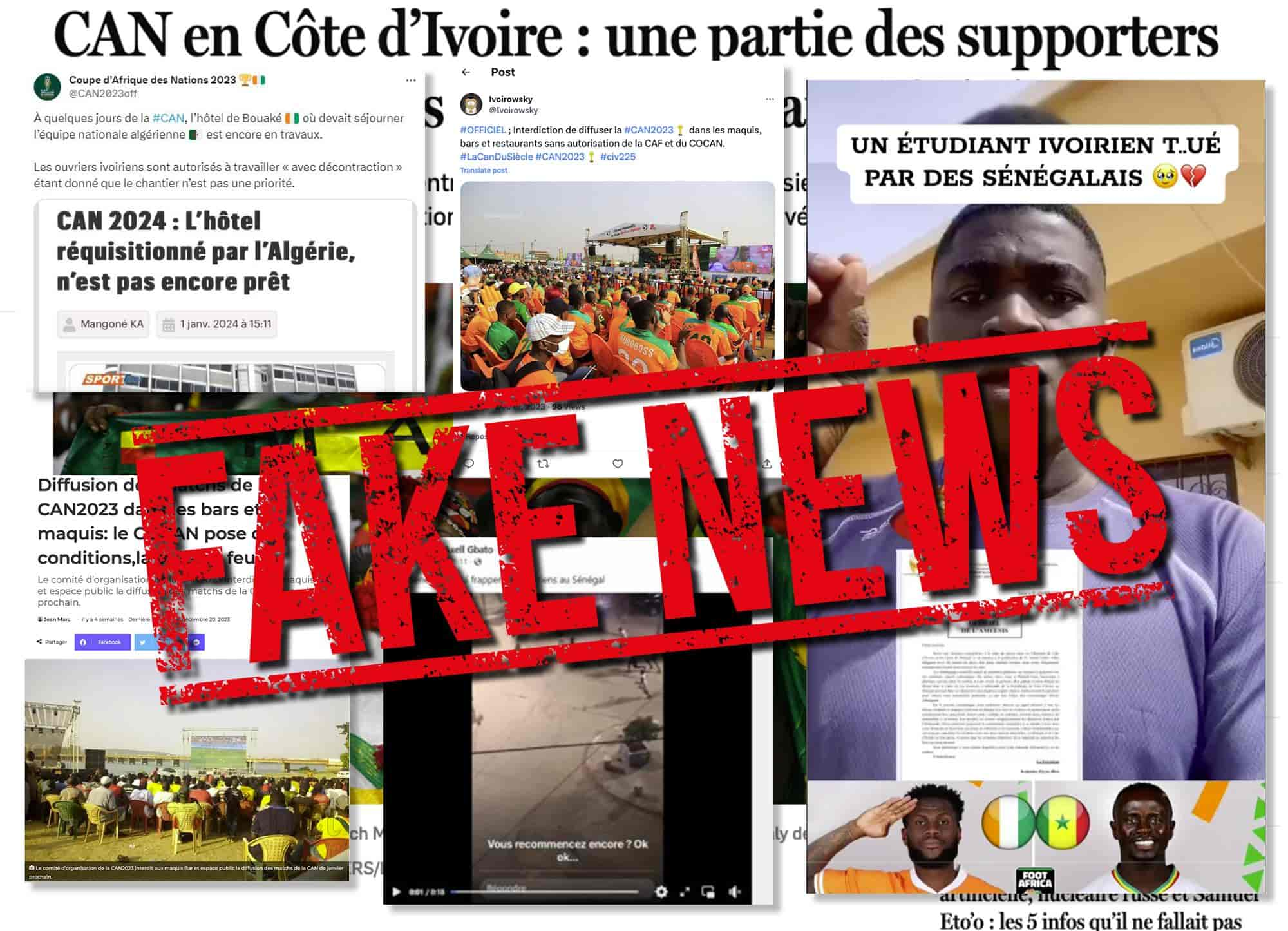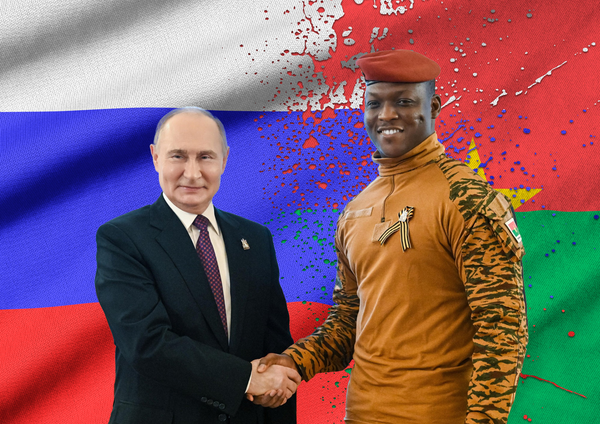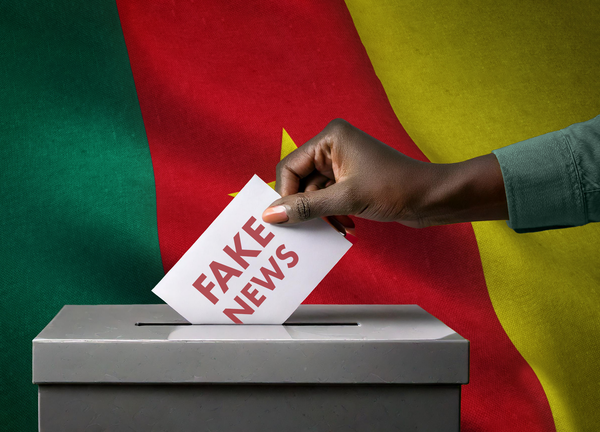Victim of its media exhibition, the country has thus been the subject of information maneuvers more or less coordinated following certain matches. This was the case following the victory of Côte d'Ivoire against Senegal in the round of 16 on January 29. The announcement of the alleged death of an Ivorian student in Dakar thus set fire to the powder on the web. Relayed massively, a young Ivorian tiktokeur - Nathan Ali Doumbia - has published a series of videos sowing doubt about the veracity of information and highlighting the supposed physical assaults suffered by Ivorian supporters in the streets of Dakar.
The same day, the dissemination of a false document signed by a group of the national gendarmerie and ordering the order to repress any refugee from a border country put the Ivorian government. This leak thus occurred while the elephants of Côte d'Ivoire were preparing to face Mali or Burkina Faso in the quarterfinals.
On the eve of the match against the Eagles of Mali, several coaches carrying nearly 300 Malian supporters were not allowed to enter Ivorian territory causing the outrage of many Facebook pages. These words, massively relayed, did not specify the reason for this situation at any time: the absence of a place of residence defined for these supporters.
As part of a continental or even international event such as the CAN, a democratic state is all the more exposed to info and other information attacks. Malvery and malicious actors deliberately disseminate false information in order to stir up inter-community conflicts, thus jeopardizing national stability and social cohesion.









